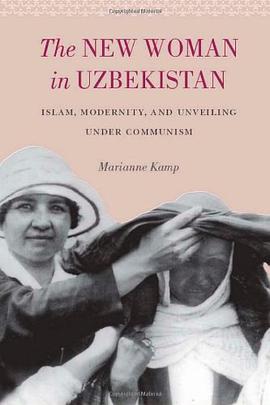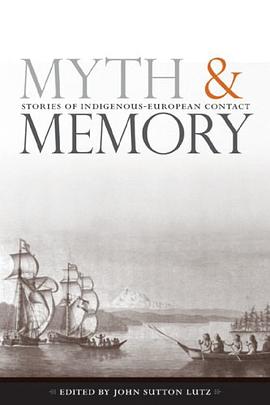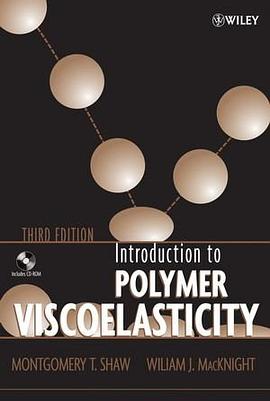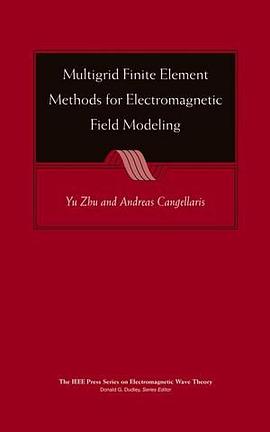

具体描述
This groundbreaking work in women's history explores the lives of Uzbek women, in their own voices and words, before and after the Russian Revolution of 1917. Drawing upon their oral histories and writings, Marianne Kamp re-examines the Soviet Hujum, the 1927 campaign in Soviet Central Asia to encourage mass unveiling as a path to social and intellectual "liberation." This engaging examination of changing Uzbek ideas about women in the early twentieth century reveals the complexities of a volatile time: why some Uzbek women chose to unveil, why many were forcibly unveiled, why a campaign for unveiling triggered massive violence against women, and how the national memory of this pivotal event remains contested today.
作者简介
目录信息
读后感
评分
评分
评分
评分
用户评价
相关图书
本站所有内容均为互联网搜索引擎提供的公开搜索信息,本站不存储任何数据与内容,任何内容与数据均与本站无关,如有需要请联系相关搜索引擎包括但不限于百度,google,bing,sogou 等
© 2026 book.wenda123.org All Rights Reserved. 图书目录大全 版权所有




















